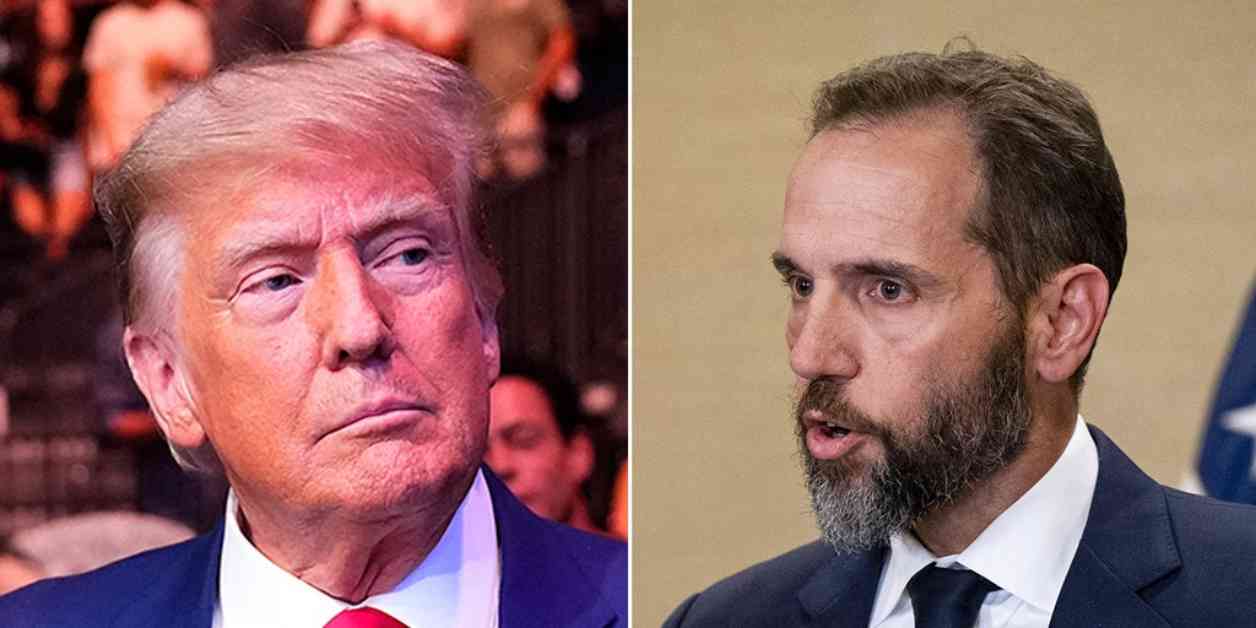The judge overseeing the case involving former President Trump’s handling of classified records is holding a hearing to evaluate the legality of the appointment of U.S. Special Counsel Jack Smith and the funding of his investigations. Judge Aileen Cannon of the U.S. District Court for the Southern District of Florida had previously postponed the trial related to Smith’s investigation into Trump’s alleged retention of classified records indefinitely. Upon delaying the trial, Cannon set deadlines for reports and scheduled a hearing on a motion to dismiss the case on the basis of the unlawful appointment and funding of the special counsel.
The hearing has been expanded to allow various parties to present arguments before the court, including amici, Trump defense attorneys, and federal prosecutors. Former Attorney General Ed Meese, who served under President Reagan, filed an amicus brief in the case challenging the appointment of Smith as special counsel by Attorney General Merrick Garland. Meese argues that the appointment violates the appointments clause of the Constitution as Smith was a private citizen at the time of his appointment.
The brief argues that Smith, lacking the authority of the federal government, has no legal standing to represent the United States in court. It questions the legality of appointing a private citizen to such a position with significant criminal law enforcement powers. Garland defended his decision to appoint Smith during a hearing on Capitol Hill, citing regulations that have been in place for decades allowing the attorney general to appoint special counsel.
Meese’s brief highlights the lack of statutory or constitutional provisions that authorize the appointment of a private citizen as a special counsel. The ongoing legal battle raises questions about the legitimacy of Smith’s role and the authority under which he was appointed to investigate potential violations of the law related to the 2020 election and the events of January 6, 2021.
In addition to the legal proceedings in Florida, Smith has also charged Trump in a separate jurisdiction in Washington, D.C. The trial in that case has also been postponed indefinitely as the Supreme Court considers arguments on presidential immunity and whether Trump can be prosecuted in Smith’s case.
The legal battle surrounding the appointment of Special Counsel Jack Smith and the charges against former President Trump continues to unfold, with significant implications for the legal and political landscape in the United States. The outcome of these cases could have far-reaching consequences for future special counsel appointments and investigations into alleged wrongdoing by public officials. As the legal proceedings progress, the public will be closely watching to see how the courts address the complex legal issues at hand and the implications for the rule of law and accountability in government.


















